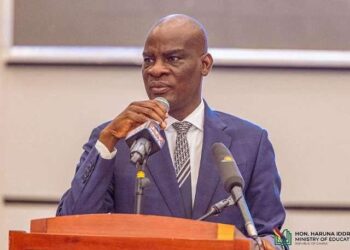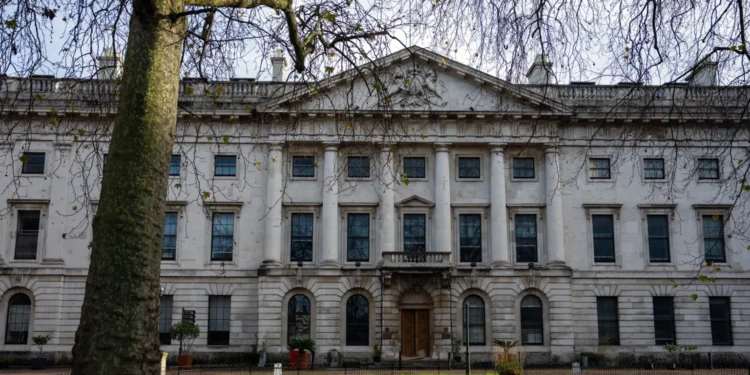CEO of the National Petroleum Authority (NPA), Godwin Edudzi Tamakloe, has cautioned that doom prophecies have the potential to immobilise individuals with fear, especially when they target people in positions of responsibility.
Speaking on the recent directive from the Office of the Presidential Envoy for Interfaith and Ecumenical Relations, Mr. Tamakloe explained that forewarnings of fatal incidents could impair decision-making and prevent leaders from executing their duties.
“The danger is that, if you are not careful, it will paralyse you. When you have received a prophecy that if you travel you will die, you may not be able to perform your role”
Godwin Edudzi Tamakloe, CEO of the National Petroleum Authority
The Presidential Envoy, Elvis Afriyie Ankrah, announced last week that religious leaders must formally submit any prophecy or spiritual insight with potential implications for national security.
According to Mr Ankrah, this measure will not cover routine personal predictions but focus strictly on revelations concerning high-profile political leaders, governance, public safety, or the armed forces. “If you say that an aircraft is going to crash – say a military aircraft – that is a security matter. Those are the kinds of issues you should relate to us,” he stated.
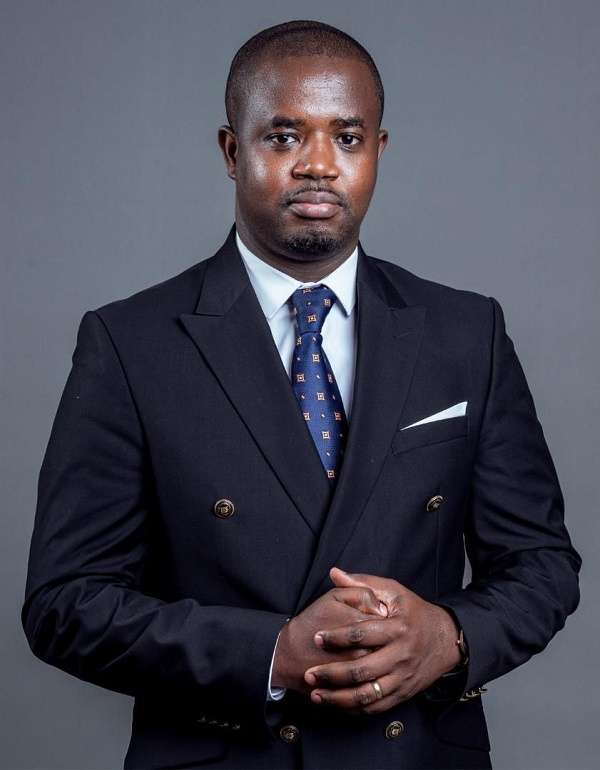
The Office of the Envoy has set up a dedicated WhatsApp number and email address to receive such reports for urgent review and possible escalation to the Presidency. A statement from the Envoy’s office, issued on August 10, said the policy aims to promote “responsibility, discernment, and stewardship over the nation’s destiny.”
Recounting his own experience in the wake of the August 6 helicopter crash, which claimed the lives of eight people including two cabinet ministers, Mr Tamakloe revealed that he was at an airport when the news broke.
“Now going to catch the flight back to Accra – at that point I was praying that I could walk to Accra because I was thinking, why should I go and sit in an aeroplane at this point?”
Godwin Edudzi Tamakloe, CEO of the National Petroleum Authority
The NPA boss described the late Defence Minister, Dr Edward Omane Boamah, as “the brain box” and a man of exceptional caution. “To see them flush out in the moment is a horror and agony,” he added.
Call to Honour the Fallen
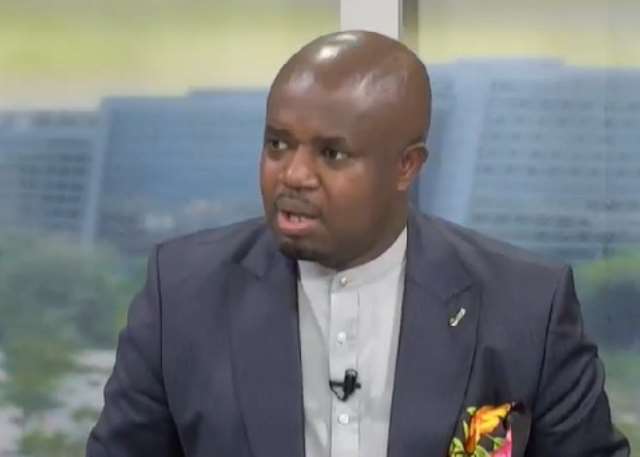
Mr Tamakloe urged the Republic to immortalise the memories of the crash victims, describing them as individuals who died in the line of duty. “The Republic should find a way to immortalise their memories… The lesson from this disaster will live with us,” he said.
The Ghana Armed Forces confirmed that the Z-9 helicopter, which took off from Accra en route to Obuasi, went off radar before crashing. Onboard were three crew members and five passengers, including Dr Boamah and Environment Minister Dr Ibrahim Murtala Muhammed.
Former Air Force officer Wing Commander Patrick Nelson Sogbodjor dismissed rumours of foul play, stating that the aircraft was stationed at a secure military base, making unauthorised access extremely difficult.
“For anyone to sabotage it, they would need access to the base and the aircraft. That is not easy unless you are a trained technician. Even then, it would be detected during pre-flight checks”
Patrick Nelson Sogbodjor, Former Air Force officer Wing Commander
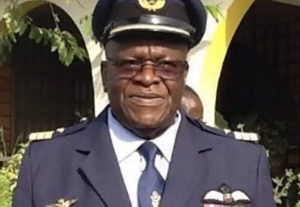
He further noted that small arms fire could not have brought down the Z-9, saying only a missile could achieve that – and there was no evidence of such an attack.
Commenting on speculation about poor weather, Wing Commander Sogbodjor said conditions were not severe enough to prevent the flight. He explained that pilots are given updated weather reports and must secure clearance from the control tower before take-off.
The Z-9 helicopter is a military adaptation of the French Eurocopter Dolphin and can operate in various conditions, including night flights and poor visibility. Despite its capabilities, Sogbodjor noted that all machines, no matter how advanced, are vulnerable to mechanical failure over time.
READ MORE: Spyro Congratulates Davido on His Wedding





